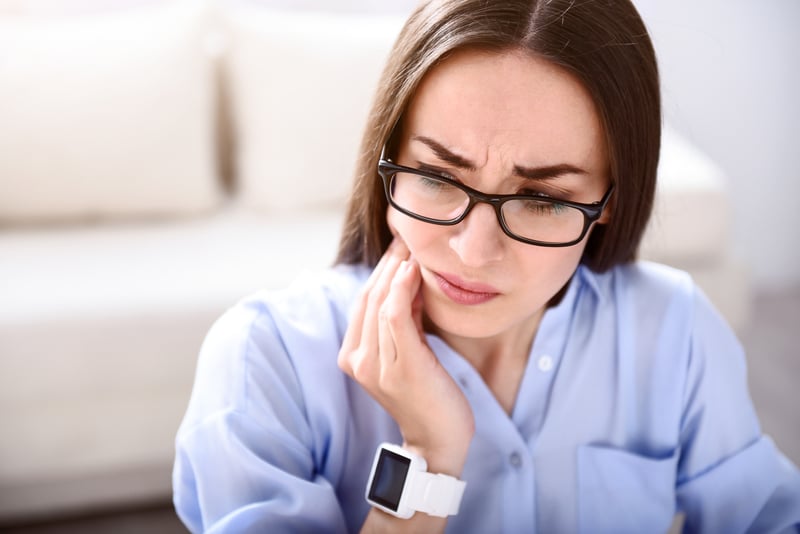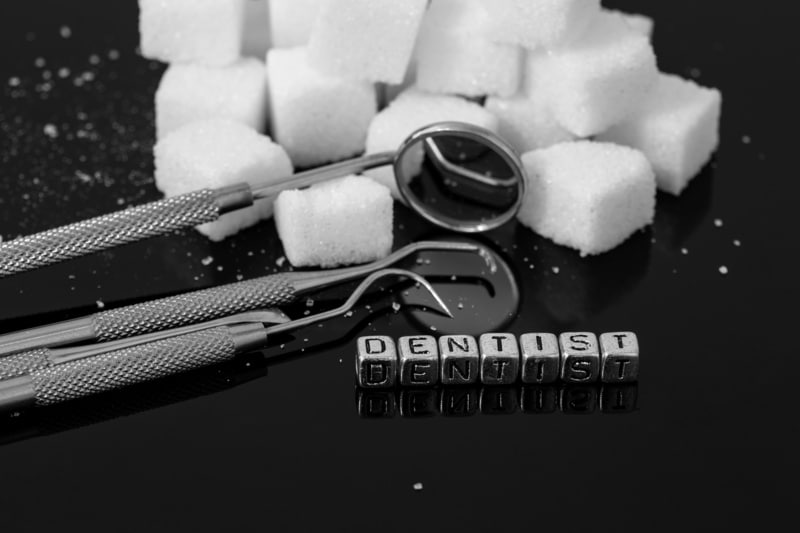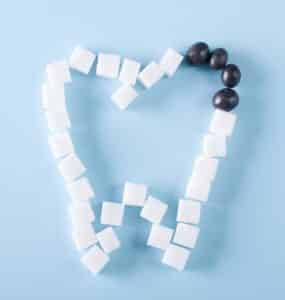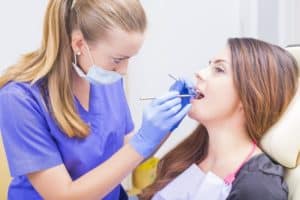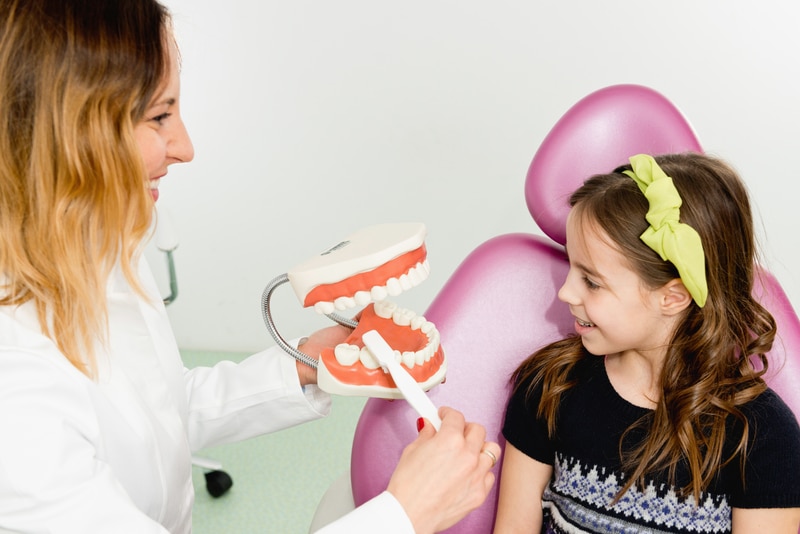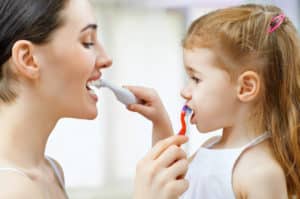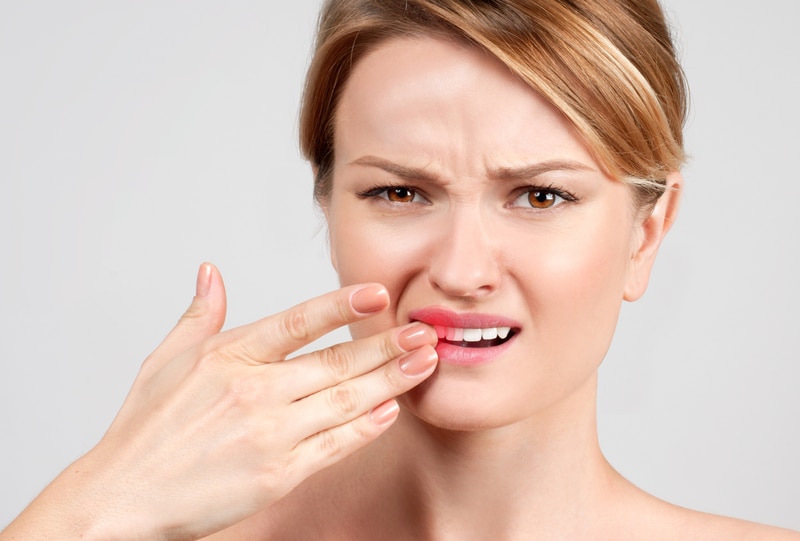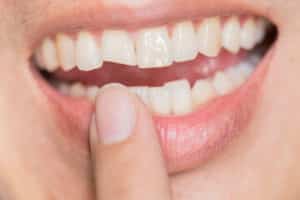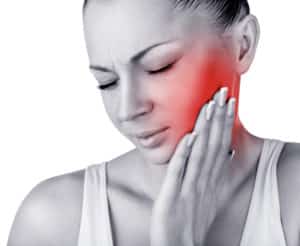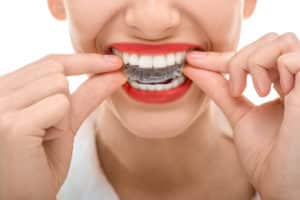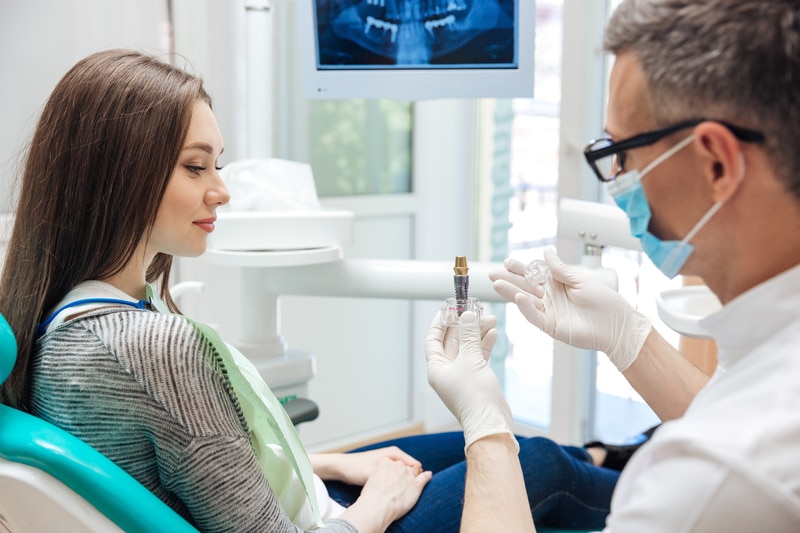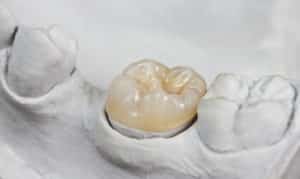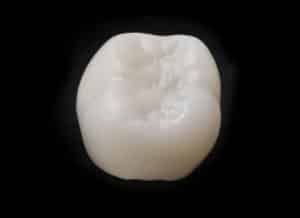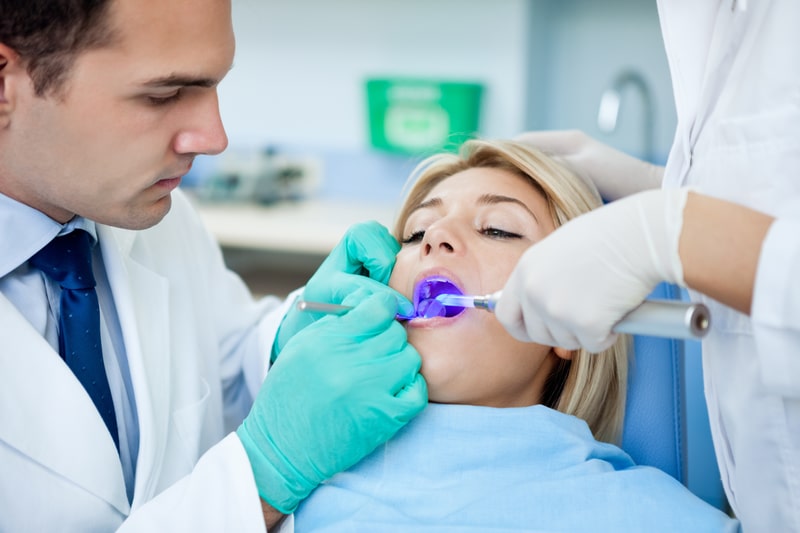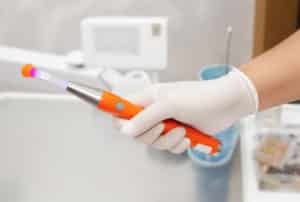Remedy Mouth Sores and Infections
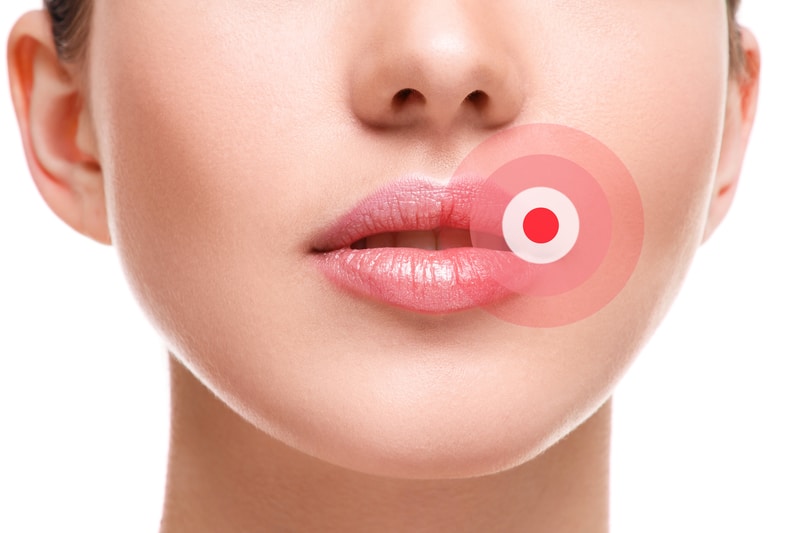
Infections and mouth sores can be especially bothersome, especially if your oral health problem is visible to everyone else. However, there are simple treatments you can follow to get rid of problems (such as canker sores) and accelerate healing with cold sores. Find out the top 8 oral health infections and how you can help remedy them as well as mouth sores!
Mouth Sores and Infections
Just like there can be many problems with your body as a whole, your mouth can suffer many problems as well. Mouth sores and infections are common in our patients. The most prevalent ones we see include:
- Dental caries
- Gum disease
- Canker sores
- Gingivitis
- Thrush
- Hand, foot and mouth disease
- Herpangina
- Oral herpes/cold sores
Some of these conditions are genetic, whereas others can be caught. However, problems such as canker sores simply happen as your body’s response to stress and health problems. With any mouth sore, you want to get them under control or work hard to prevent them in the first place. Many mouth sores and infections can actually be avoided with good oral hygiene. Dental caries (tooth decay), gum disease, oral bacteria and more never have to happen if you brush and floss away the gunk that likes to stick around in your mouth.
Tooth Decay Is An Infection
Did you know that tooth decay is the most common mouth infection you can have? Many people don’t even think about this as a mouth infection, but that may be because it’s actually an oral disease. In fact, tooth decay is the most common prevalent disease in children and adults alike according to the National Institutes of Health. That’s even more than cancer, diabetes and any other condition you can think of. If you don’t know what tooth decay is, then think of it by its other name: cavities. That’s right, cavities is an oral disease.
When you eat, bacteria in your saliva works to break down your food. However, bad bacteria also combines with sugars in your food and drink to make plaque. Plaque is acidic, sticky and clear, and it sticks to your tooth surface like crazy. You have to physically brush plaque away. Simply drinking won’t cut it. If not, plaque works like an infection. It will erode away your hard tooth enamel, getting inside your tooth. There it will attack your soft, pulpy tooth center where nerves and blood vessels are. Decay sets in, which leads to infections, tooth loss, toothaches, and more. The remedy for this problem? Seeing a dentist to remove the infection. Prevent decay in the first place by brushing and flossing your teeth every single day.
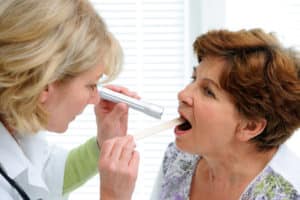
Remedy Canker Sores
One of the most common mouth sores is a canker sore. These come in various sizes and colors, and they can be quite bothersome for many patients. Some patients will luckily have very small canker mouth sores that go away quickly. However, other patients will have canker sores that grow to the size of dimes and are extremely painful. Stress is a common cause of canker sores. If you notice you get more of them when you’ve been under a lot of stress, that’s probably your body’s immune response to try to deal with your stress.
Studies show that most canker sores heal on their own within a week. But, who wants to wait a week for mouth sores to go away? You can get prescription medications from a dentist or a doctor to help speed up your healing process. However, there are also natural ways to make these type of mouth sores go away, and the answer is by using salt.
Salt is an amazing healing substance that people have used for centuries. Salt can take away the sting of mouth sores and make them go away faster. Simply fill a cup with warm to hot water and dissolve an ample amount of salt into the water. Water will have to be hotter to melt the salt, but you can let it cool a bit before swishing with it. Then, several times a day, swish the salt-water mixture in your mouth (making sure it is warm). Within a day, you should see less pain and your mouth sores getting better.

Helping Other Mouth Sores
Canker sores aren’t the only mouth sores patients get. For thrush, herpangina, hand, foot and mouth disease, and cold sores, you will need medicine to make your mouth sores or infections go away. Always check your child’s mouth for mouth sores and oral problems, especially if they have been sick. Keep their mouth clean and yours to avoid problems in the first place. Gum disease happens only because patients don’t brush and floss their teeth. If you have gum disease or gingivitis, work closely with a dentist to get it under control.
Cold sores come from the herpes simplex virus. If you have it, this virus is not one to go away. When you start to feel mouth sores coming on, over-the-counter creams and medications can reduce how bad the sores are and how long they are around. Stress, sunlight, the cold, trauma and oral health problems can cause these to flare up. Use creams to help with pain and irritation and work with us or your medical doctor to control their intensity.
Seeing the Dentist
Who better to help you with oral health problems than a dentist? Dentists like Dr. Ania see patient’s mouth all day long, every day. We see mouth sores often and have remedies for them. When patients are healing from tooth extractions or similar oral health procedures, using salt-water rinses is one of the recommendations for patients who want to heal a wound faster. We recommend these because they work. However, patients might get mouth sores from other problems. You might have tons of mouth bacteria that cause you infections, decay, gum problems and more. But we’ve seen it all! If you have mouth sores bothering you, call Dr. Ania’s office today at 303-443-0998!


